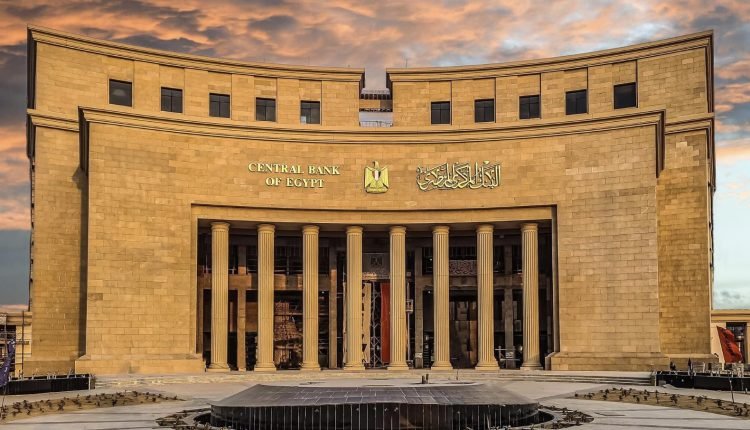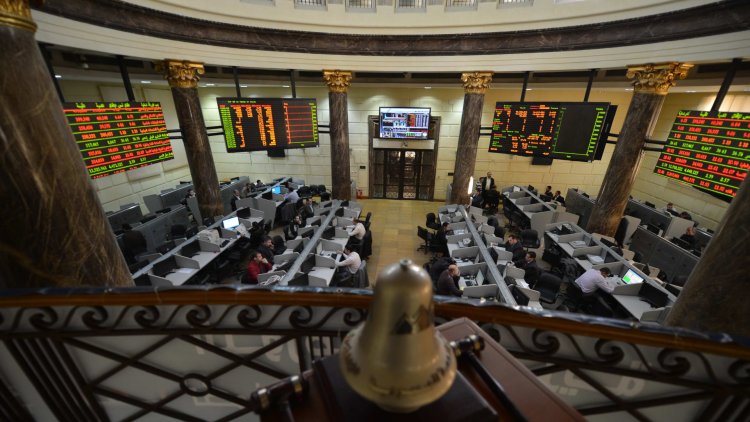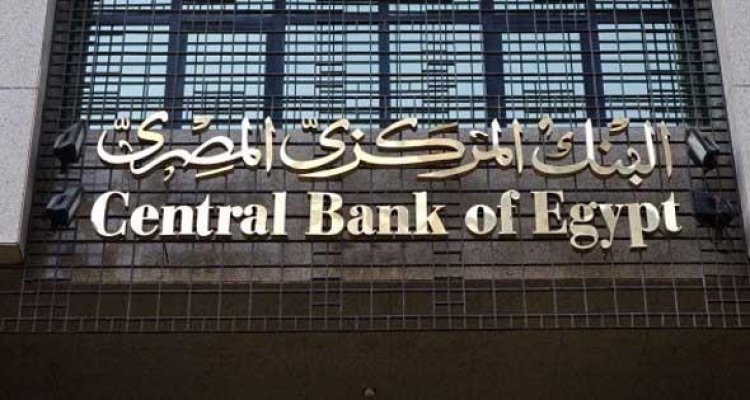How does the interest rate hike affect the Egyptians?
Higher interest rates encourage people to save more of their income, take advantage of higher yields and avoid borrowing at a higher cost.

The Monetary Policy Committee of the Central Bank of Egypt announced a 2% hike in interest rates on March 30.
The decision came amid soaring inflation that affected businesses and citizens alike.
This news spread in the press and the media, but for some people was searching for the purpose of this decision and its direct effects on the citizens.
Why did interest rates rise and what does the decision aim to achieve?
Interest rates are the percentage return on deposits plus the cost of borrowing money that is repaid with the amount borrowed.
For example, low interest encourages people to spend rather than save their money, to borrow and spend more on housing or buying expensive goods, or to invest in a business.

Higher interest rates
On the other hand, higher interest rates encourage people to save more of their income, take advantage of higher yields and avoid borrowing at a higher cost.
By raising interest rates, the central bank worked to stimulate saving and deposit money, rather than keeping it liquid for spending.
Certainly, people will continue to spend and consume, but the share of their income which they set aside for spending will decline in favor of the share which they set aside and deposit, thus taking it out of circulation.

How will this change affect the Egyptians?
This change is likely to affect different groups in society differently.
For example, for a business owner, higher interest rates may mean a higher cost of capital.
Businesses borrow and use credit regularly, but when interest rates rise, the cost of credit and borrowing increases, making the business less profitable, and reducing demand for their products or services.
Meanwhile, for people who have savings, higher interest rates mean an opportunity to earn more from those savings.
Finally, the deflationary effect of higher interest rates may affect people who do not fall into any of the above categories.
Higher interest rates lead to lower supply and demand, which leads to a contraction of the country's economy, thus affecting business activity and the labor market. This contraction affects the ability to spend and the livelihood of ordinary citizens.

The last raised in the interest rates
Earlier this month, Egyptian President Abdel Fattah el-Sissi announced that government employees would receive pay increases of 1,000 Egyptian pounds a month, about $34.
Egypt last raised its interest rates in December.


 Shrouq
Shrouq 












